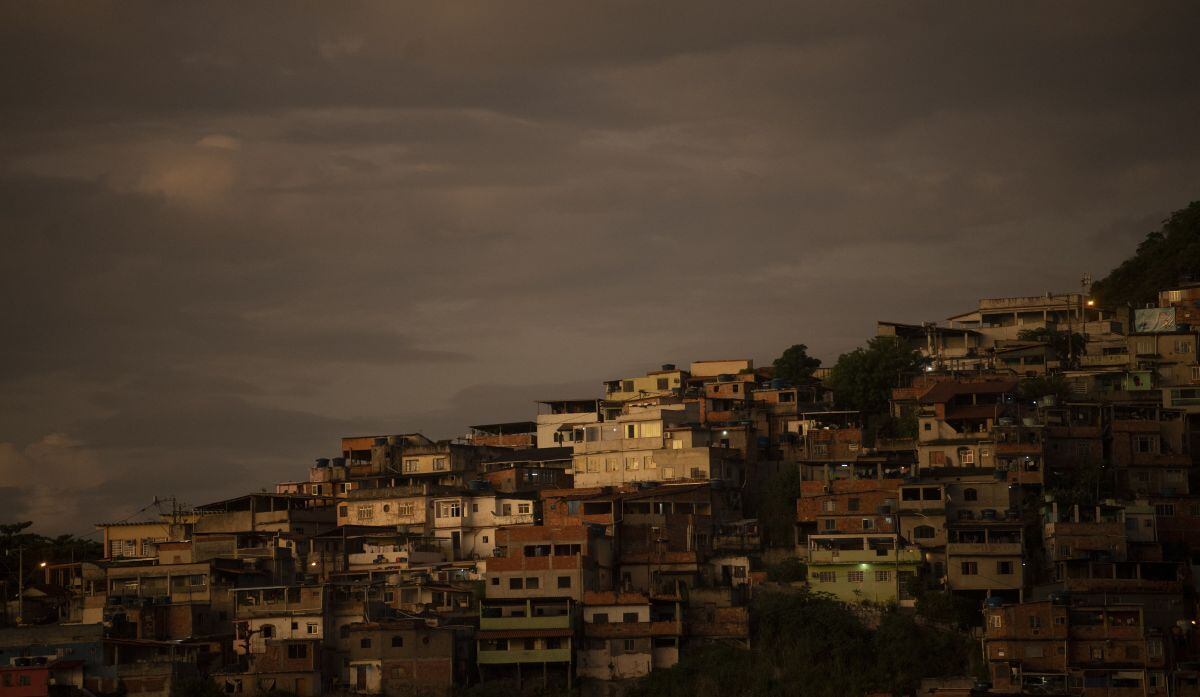
The complicated access to land and the enormous bureaucracy are two of the existing obstacles in many areas of Latin America and the Caribbean that must be overcome to alleviate the current problem of homelessness, participants in a forum organized by the Inter-American Bank highlighted on Thursday. of Development (IDB).
“We must speed up the processes. From the time we say ‘here we are going to build a house’ until the shovel begins, it takes us three years. That cannot be, when there is a national emergency. The bureaucracy, especially the municipal one, is an incredible thing”pointed out the Minister of Housing and Urbanism of Chile, Carlos Montes.
For two days, public officials from Latin America, experts and members of the development bank are participating at the IDB headquarters in Washington in the forum “Resilient solutions to reduce the housing deficit in Latin America and the Caribbean”a meeting to analyze the situation and the challenges of the region in terms of housing.
In various presentations, topics such as technological platforms that reduce the housing deficit, access to financing and climate funds such as housing solutions or innovation in informal settlements are being discussed.
Several ministers and high-ranking Latin American officials from countries such as Peru, Brazil, the Dominican Republic, Ecuador or Mexico participated in the first day, explaining what their governments are doing to improve a critical figure: 45% of families in the region do not They have a decent home to live in.
In Montes’ opinion, one of the fundamental things that the Executive of Gabriel Boric and his ministry has done is “assume that there is a very serious problem” with housing, and it is a problem “primarily political” that does incalculable harm to people and “generates problems of social unrest”.
“Our political challenge is that it be understood as something for everyone, for the entire state and for the entire society” Y “be aware that times are not indefinite, we need to set a strong milestone” in reducing the housing deficit, he added.
In Chile there are between 600,000 and 700,000 families without housing, the minister said.
In another of the presentations, Anaclaudia Rossbach, director of programs for Latin America and the Caribbean at the Lincoln Institute of Land Policy, specified that this is due to problems such as difficult access to land, something common in Latin American countries.
“In Latin America we are facing a very similar situation. The gaps between the prices of the real estate market and the ability to pay of families are very wide and in reality what happens is that the role of the land is central”, highlighted.
“The truth -added the expert- is that we have not been able to change the dynamics of the land market to be able to make viable urban social housing that is well located and of quality”.
Another issue that was discussed during the day was the informality in the sector, very predominant in many countries of Latin America and the Caribbean, as is the case of the Dominican Republic.
In this regard, the Vice Minister of Housing of that country, Ernesto Mejía, stated that 70% of the houses built in the Dominican Republic are done informally.
“We are all clear that informality is the common factor, and we understand that we must go in two directions. First of all, try to formalize informal housing as much as possible”he exposed.
Various creators of housing solutions who seek to alleviate the housing deficit in the region have also participated in the conference, including the Chilean architecture studio Elemental, which works on the creation of new technologies in the construction of social housing.
One of its architects, Gonzalo Arteaga, explained that in the studio they have created a housing concept called “basic services unit”, a highly technological constructive solution to make it easier for families to leave the settlements and camps as soon as possible.
The houses are built in a robotic plant and are very low cost, which would speed up the average time it takes for a family to leave a camp from more than seven years to two years.
Source: Gestion
Ricardo is a renowned author and journalist, known for his exceptional writing on top-news stories. He currently works as a writer at the 247 News Agency, where he is known for his ability to deliver breaking news and insightful analysis on the most pressing issues of the day.












